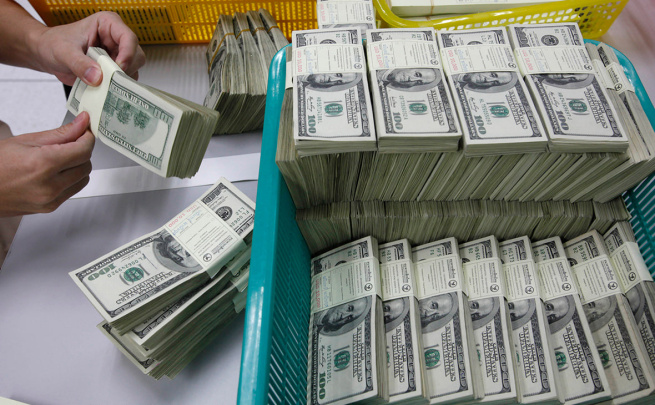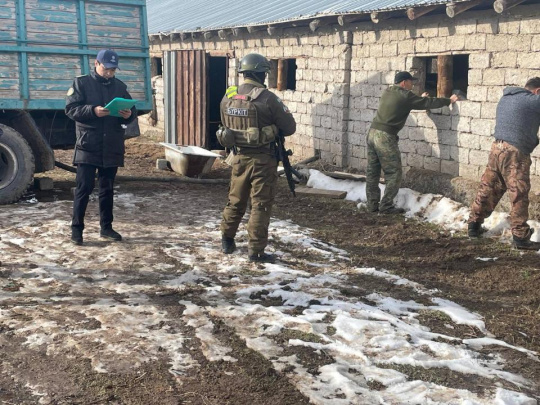Inflation expectations among people in Uzbekistan surged sharply in August after reaching a record low, according to the Central Bank.
The average expected price increase over the next 12 months, as forecasted by citizens, reached 13.1% — a 1.1% rise from July. The median figure also rose by one percent, reaching 11.1%.
Residents of the Tashkent region topped the list with the highest expectations (14.6%), followed closely by the capital and Syrdarya region (14.4%). The lowest forecasts came from Fergana and Navoi (10.9%), as well as Khorezm (12.1%).
The IT sector had the highest inflation expectations among industries (15.2%), followed by manufacturing (14.5%) and construction (14.3%). The lowest expectations were observed among agricultural workers (11.1%), household services (11.4%), and retail (11.9%).
Respondents with incomes between 2–3 million UZS saw a significant rise in inflation expectations, with forecasts reaching 13.6%, compared to 11.8% a month earlier.
The group with the highest income continued to provide the most elevated forecasts — 14.7% for those earning 15 million UZS or more, and 14.4% for those earning between 10–15 million UZS. Citizens with incomes below 2 million UZS expect a 12.1% rise, while those earning 3–4 million UZS expect a 12.3% increase.
The leading factor influencing inflation forecasts remains utility tariffs (49%), followed by fuel prices (46%) and currency fluctuations (42%). The share of respondents citing wages and pensions as a factor jumped significantly to 40%, nearly double the percentage from July.
For businesses, the average inflation forecast increased by 1.3% to 12.5%. The median forecast rose by 0.8%, reaching 10.7%.
Jizzakh (13.6%), Andijan (13.4%), and Tashkent region (13.3%) topped the regional list for business inflation expectations. The most optimistic forecasts came from Fergana (10.6%), Surkhandarya (11.4%), and Khorezm (11.7%).
By industry, the highest forecasts came from education, IT, and culture (14.1%). The lowest expectations were recorded among craftsmen (9.9%) and construction workers (12.1%).
As with the general population, inflation expectations in business are heavily influenced by utility tariffs (47%), energy prices (45%), and exchange rates (42%). Wage growth (28%) and transportation costs (31%) also had a notable impact.






